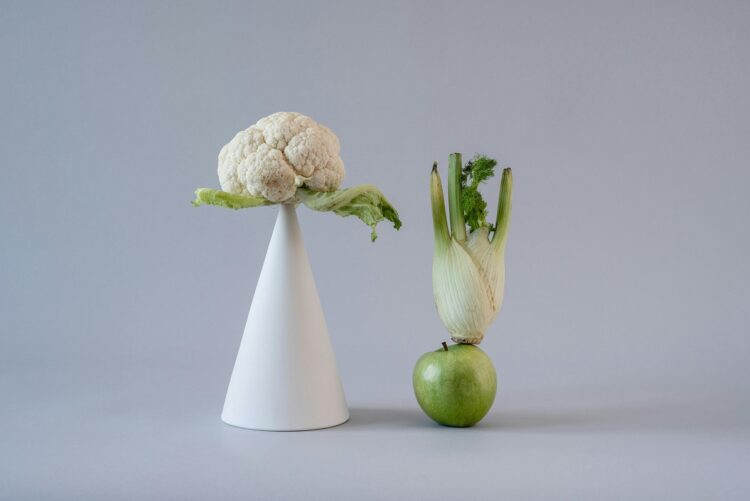The food industry is utilizing the power of new technologies to meet the rising demands of the consumer and align with global sustainable goals. The industry is going through a transformative shift where they are reshaping the entire supply chain including production, consumption, and delivery. In this article, we will go through the top trends that are going to revamp the sector in the coming years.
1. Cryogenics In Food Preservation
Cryogenic technology is revolutionizing the food storage and quality maintenance aspects in the food sector. It uses extremely low temperatures to freeze food products rapidly. This preserves the texture, flavor, and nutritional value of the perishable food items. Cryogenic freezing is powered by liquid nitrogen or carbon dioxide. It prevents the formation of ice crystals in the food items and maintains their cellular integrity. The method is ideal for frozen fruits, premium seafood, and high-value gourmet products. The process extends the shelf life and reduces the overall food waste. Demaco is a specialist in cryogenic technology and offers innovative solutions.
2. Alternative Proteins
Plants will become the dominant source of protein in the coming years due to their low impact on the environment and positive health effects on humans. The best part is that the alternative proteins consume less water and land. Also, they produce less greenhouse emissions which is a necessity in the world to protect the degrading environment of future generations.
On top of this, the change in consumer behavior and a shift towards alternative protein sources has driven the popularity of the trend.
3. Smart Farming
Smart farming uses the power of AI, IoT, and advanced sensors to optimize agricultural operations. IoT devices monitor soil conditions, crop health, and weather patterns in real-time, It allows the farmers to enjoy precision irrigation and fertilization.
AI algorithms analyze data to predict yields and detect pest infestations in the early stages. It further boosts overall efficiency and sustainability. Smart farming reduces water usage, improves crop productivity, supports food security, and minimizes environmental impact. Farmers can create a better quality of yields and enjoy a good harvest in every season.
4. Food Delivery With Robots And Drones
Food delivery automation is redefining the entire sector Robots and drones are being deployed to transport meals and groceries more efficiently. These autonomous systems improve delivery times, reduce labor costs, and improve overall customer satisfaction.
Companies are testing drones to deliver hot meals in under 10 minutes. Robots equipped with insulated compartments make sure that the food maintains its temperature during transportation. This innovation is highly valuable in urban areas which require a solid demand for fast and convenient delivery.
5. Blockchain For Higher Transparency
The technology is increasing the visibility and transparency level of the food supply chain. It allows the consumers to trace the journey of their food from the farm to their table. Blockchain maintains authenticity by recording all the transactions and increases the overall food security.
Retailers can verify organic certifications, track the origin of produce, and even identify contamination sources quickly during recalls. A blockchain-backed system can trace contaminated items back to a specific farm in seconds which further reduces the overall public health risks.
The Bottom Line
Here are the top tech trends that will change the global food industry. These new trends will reshape the way of growing, consuming, and processing food items. They will improve the overall quality of the items and make the operation of the supply chain more sustainable. Businesses have to adopt these trends to stay competitive in the market and meet the evolving demands of consumers.



